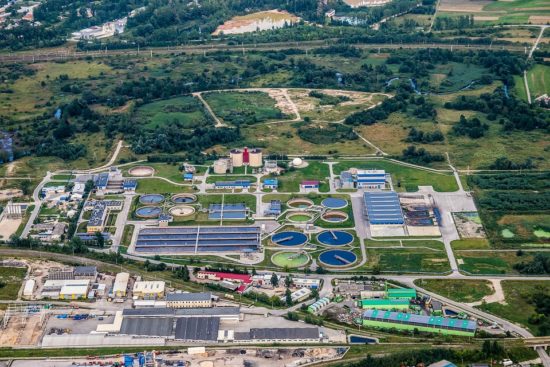Scientists pave way to reducing antibiotic resistance build-up in waterways
Researchers have developed a swift new method that could help reduce the problem of antibiotic resistance increasing via wastewater systems.
Around 70 per cent of the antibiotics we take as medicine ends up in the natural environment, through trace residues excreted by patients and inappropriate disposal of medicines, among other sources. Bacteria are also present in these wastewaters, and when they are exposed to antibiotics they can evolve resistance within these environments. This could mean an increased threat to human health, if resistant bacteria enter and colonise the gut, for example through swallowing water while swimming. The bacteria could then transfer resistance to human-associated bacteria, meaning antibiotics are less likely to work when they are needed.
AMR NEWS
Your Biweekly Source for Global AMR Insights!
Stay informed with the essential newsletter that brings together all the latest One Health news on antimicrobial resistance. Delivered straight to your inbox every two weeks, AMR NEWS provides a curated selection of international insights, key publications, and the latest updates in the fight against AMR.
Don’t miss out on staying ahead in the global AMR movement—subscribe now!







